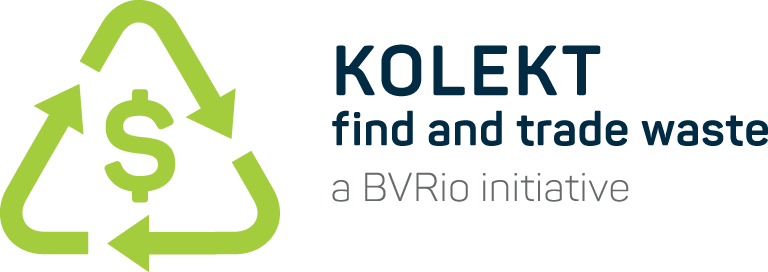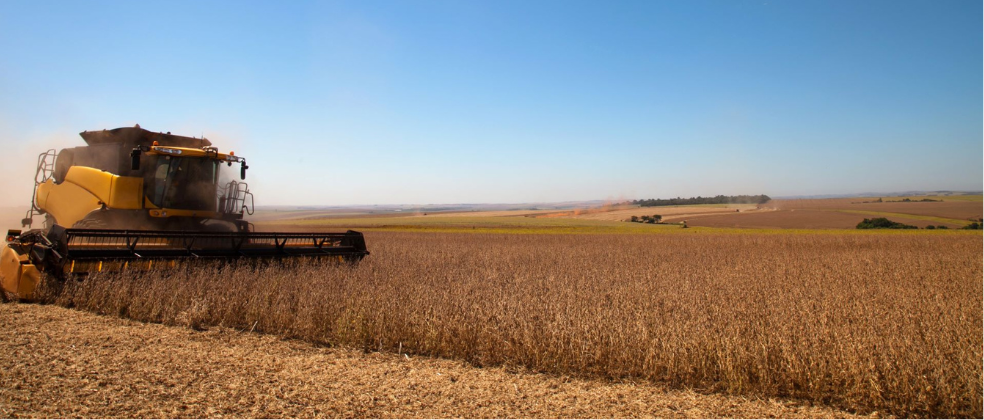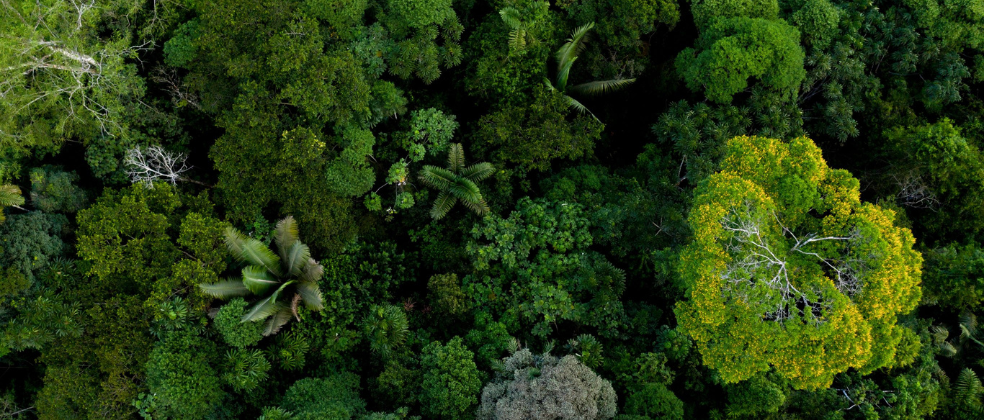Sustainable Investment Management
A boutique environmental finance firm based in the UK and Brazil
Sustainable Investment Management Ltd (SIM) is an environmental finance advisory firm.
Our objective is to promote the financing of activities that result in positive environmental impacts worldwide.
SIM coordinates the blending and integration of sources of finance, services and activities related to its investments.
SIM uses a combination of:
- Sophisticated financial mechanisms.
- Advanced technology tools (including remote sensing and blockchain technology).
- An experienced team of experts and associates in environmental finance, carbon trading, commercial law, and environmental sciences.
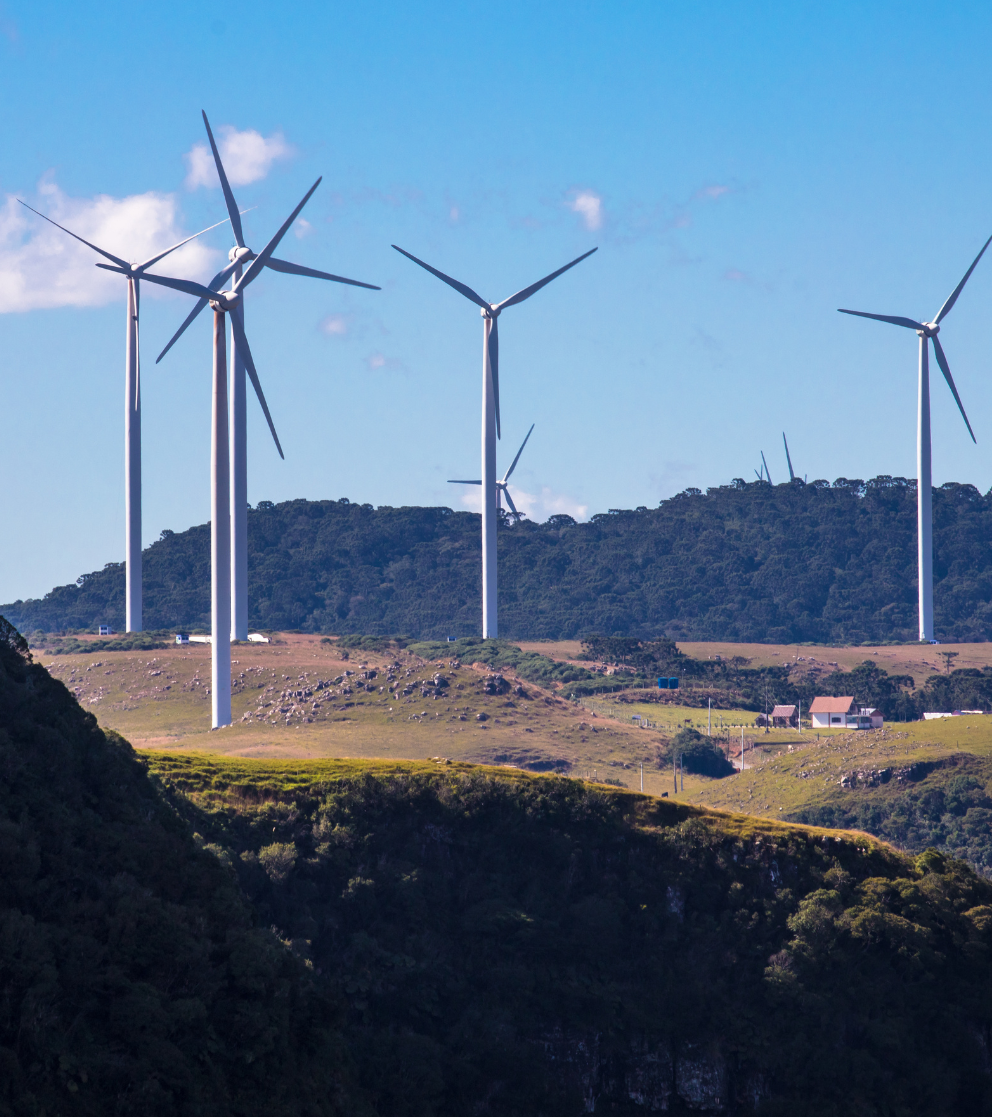

Vision
At SIM, we have witnessed first hand the immense potential of combining private and public capital toward achieving targeted environmental goals. We also know from experience that pursuing “green” investments and seeking attractive financial returns are not mutually exclusive.
Our vision is to create a double bottom-line global investment firm to mobilize capital for actionable sustainable development. We do this by connecting investors seeking positive environmental change with credible businesses and implementable projects that have a direct and immediate environmental impact.
Our aim is that our financial mechanisms can have a disruptive effect at scale, helping to inflict change at sector or landscape level.
SIM is engaging with businesses and projects across various sectors, as follows:
Sustainable Agriculture
Promoting farming practices and methods that are profitable, environmentally sound and good for communities, (such as zero deforestation and recycling of crop waste and livestock).
SIM designed and manages the Responsible Commodities Facility, a programme to provide financial incentives to soy farmers committed to zero deforestation in Brazil.
Sustainable Forest and Conservation Finance
Providing finance to support sustainable forestry practices and forest conservation, reducing greenhouse gas emissions and loss of biodiversity.
SIM designed and manages the SIMFlor programme, to provide financial incentives for landowners to comply with the Brazilian Forest Code.
Greenhouse Gases (GHG)
Reducing the emissions of GHGs, help offset carbon footprints and accelerate the transition to a low-carbon economy.
To promote this agenda, SIM acquired a significant stake in ecosecurities, a market leader in carbon markets, founded by SIM CEO Pedro Moura Costa.
Waste Management and the Circular Economy
Promoting the use of proper and sustainable solid waste management solutions, including the plastics recycling.
To promote this agenda, SIM co-developed Kolekt, a waste-tech ecosystem dedicated to developing circular economy solutions in developing countries, and the Circular Action Hub, a global directory of waste management initiatives.
We also work in partnership with BVRio, a not-for-profit organisation designing and promoting innovative market-based solutions for the green economy, which has a presence in Brazil, UK, the Netherlands, Indonesia and China.

The Team
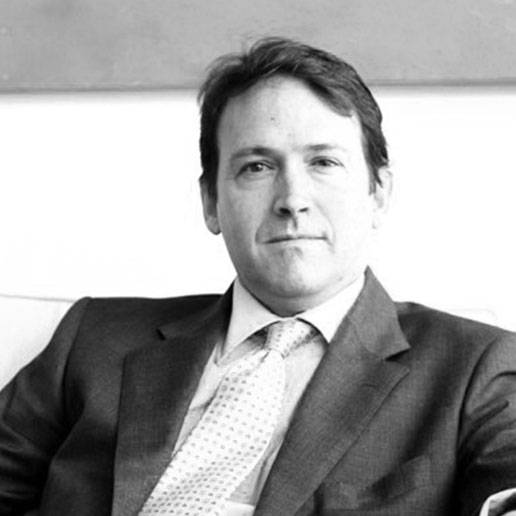
Pedro Moura Costa
CEO, UK
Over 25 years experience in the forestry, climate and environment sector, co-founder and director of BVRio Environmental Exchange, co-founder and former President of EcoSecurities Group Plc., the world leader in greenhouse gas mitigation and carbon trading, listed in the London AIM stock exchange; author of >100 publications including IPCC reports recognised with 2007 Nobel Peace Prize; PhD from University of London.
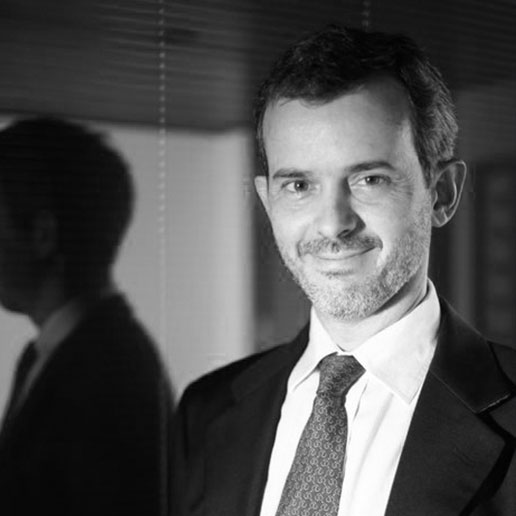
Mauricio Moura Costa
COO, BRAZIL
Over 25 years of experience in commercial and financial law, M&A, banking and finance, capital markets and general contracting. Co-founder and director of BVRio Environmental Exchange. Formerly, country director of EcoSecurities Group Plc. Brazil and managing partner of international law firms in Brazil (São Paulo) and Portugal (Lisbon). Doctor in Economic Law from Université de Paris II (Panthéon-Sorbonne).
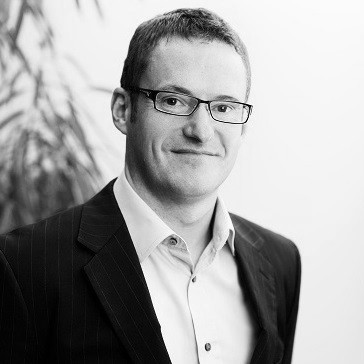
Steven Ripley
DIRECTOR, INVESTOR ENGAGEMENT
Steven has spent his entire professional career (20+ years) working towards creating value for forests. He’s held positions with the United Nations, Global Canopy, IDH Sustainable Trade Initiative and Tesco, as well as a decade working for software firms developing commodity traceability systems. Steven holds a Masters in International Environmental Law and a Bachelors in Environmental Science.
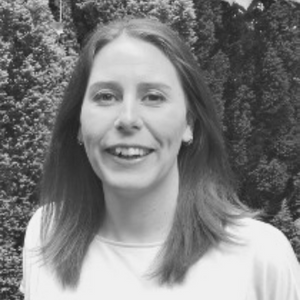
Grace Blackham
HEAD OF COMPLIANCE
Over 15 years of experience in tropical ecology, project management, and sustainable land use practices and policy. Grace has a MSc from Oxford Brookes University and a PhD in Tropical Forest Ecology from the National University of Singapore. She has worked on a variety of land use and forestry projects in Southeast Asia, Africa and Latin America.
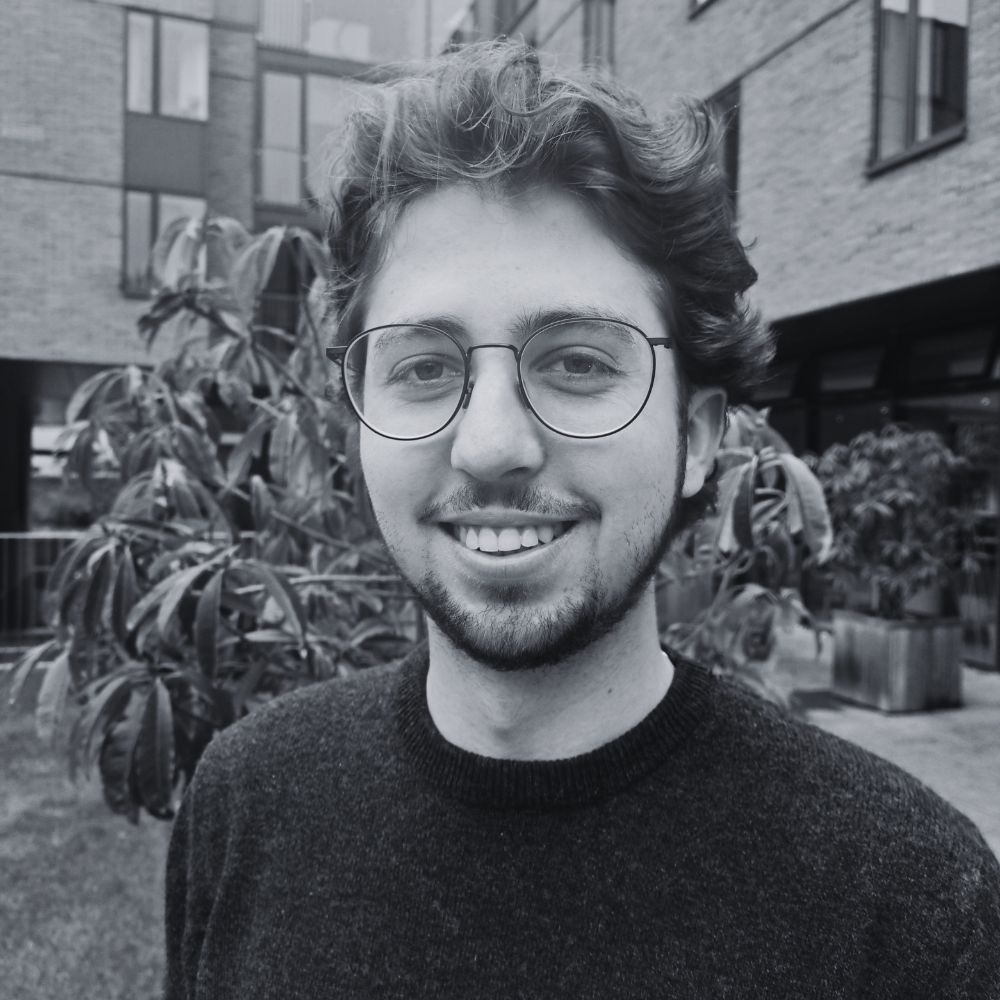
Caio Goodman
ENVIRONMENTAL ANALYST
Caio is a highly motivated graduate from the University of Southampton with strong research, data analysis and scientific communication skills. Experienced in sustainability policy analysis, biodiversity data evaluation, client relations and international fieldwork. Fluent in English and Portuguese. Passionate about marine policy, environmental data science, climate finance and nature-based solutions for climate resilience.
Associates
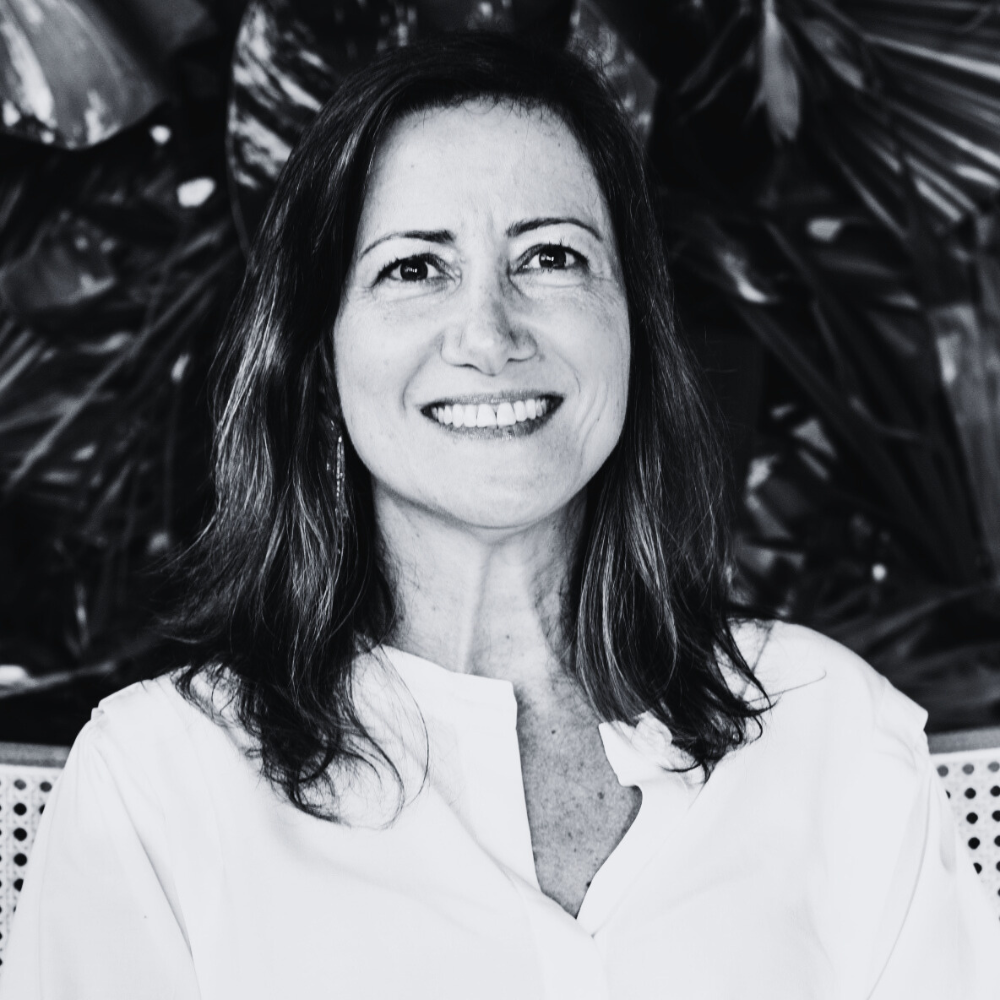
Roberta del Giudice
EAB Secretariat
A senior executive in Environmental Law with 27+ years of experience. Roverta served as Executive Secretary of the Forest Code Observatory (2017-2024), was a Forest Policy Specialist at WRI Brazil, and spent 10 years at the Ministry of the Environment. sustainable production and public policies.

Daniela Pires e Albuquerque
Legal Manager
Daniela is a lawyer with over 28 years of experience in environmental law, administrative law, public law, and environmental management. She has worked with various public and private entities in the environmental sector. At SIM, she uses her expertise to analyse landowners’ and rural producers’ compliance with Brazilian laws, standards, and regulations, conducting due diligence to assess risks prior to negotiations or contracts.
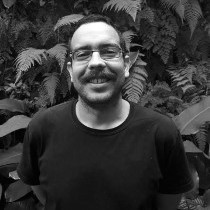
Francisco Godoy
Environmental Assets Analyst
Francisco has almost a decade of experience in forest law, working as a geographer. His expertise includes analysing deforestation, remote sensing, a broad knowledge of the Brazilian Forest Code, and mastering its databases. Alongside his role he is also currently pursuing a master’s degree in Geography at PUC-Rio.
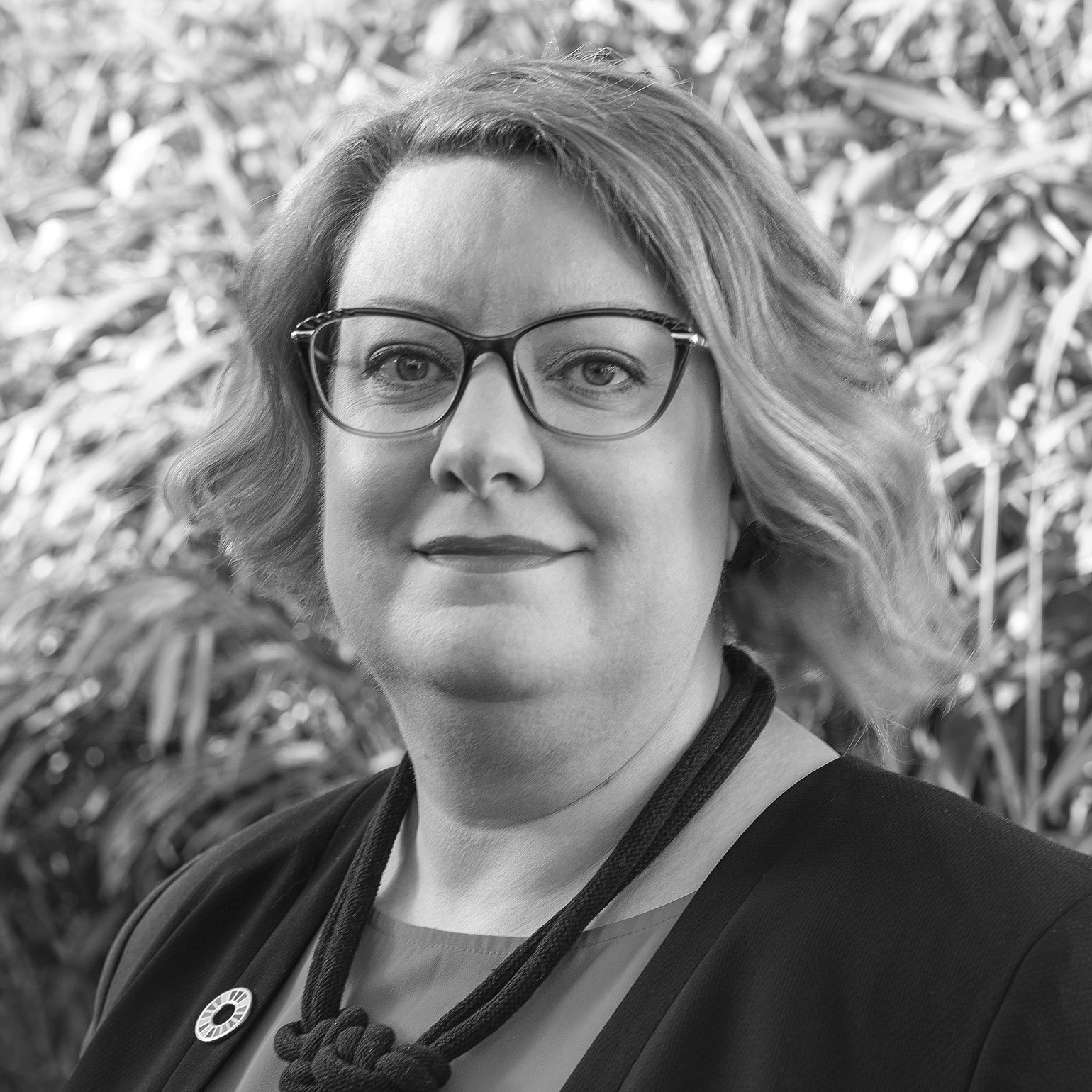
Lucy Cox
International Communications
Lucy has over 20 years corporate communications and Public Relations experience latterly within the environment sector. Lucy is responsible for SIM communication channels and activities and is the media contact.

Ludmila Girardi
Brazil Communications
Ludmila is a journalist with MBA in Marketing and a Master’s Degree in Human Geography focusing on Environmental Policy, Sustainable Food Systems and Cartography. She has experience working within the Brazilian government, publishing, research and charitable sectors.
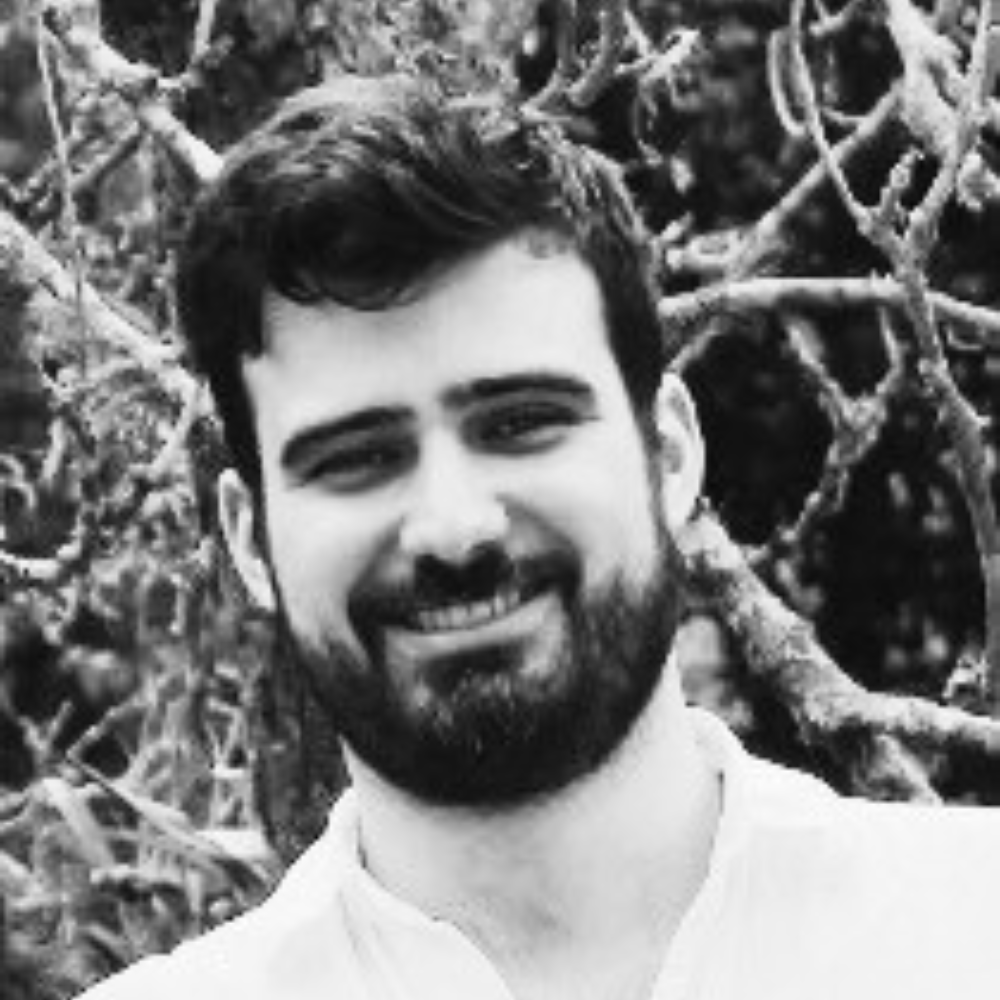
Uriel Bertoche
IT Manager
Uriel has 15 years of experience in systems analysis and development, with a focus on web-facing systems. He is, responsible for translating business demands into IT systems, ensuring rapid implementations and deployments, in addition to maintaining the stability of all associated systems and infrastructures.

Huoyun Li
Financial Controller
Huoyun is responsible for maintaining the financial systems and controls for SIM. She has dual-qualification in engineering science and accountancy (ACCA) and previously she worked in climate change business, specialising in GHG MVR under various schemes.
Latest news

McDonald’s joins Responsible Commodities Facility to Support Soy-Producing
McDonald’s Corporation is the latest business to join the Responsible Commodities Facility (RCF), providing funding to support the resilient transformation of Brazil’s soy-producing Cerrado region,
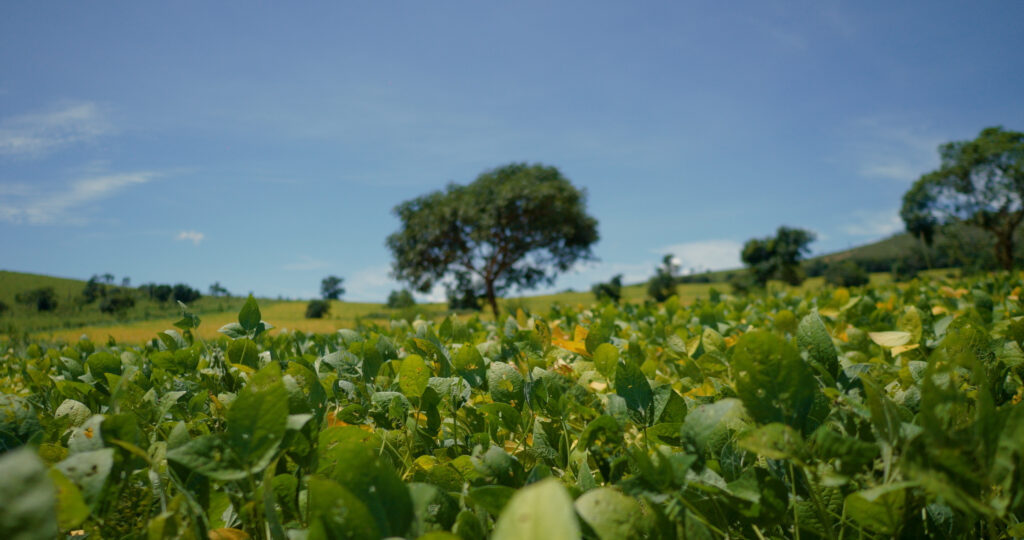
SIM team expanded with new Environmental Analyst appointment
SIM is pleased to announce the appointment of Caio Goodman as an Environmental Analyst. Caio will support the management and development of SIM’s programmes, including
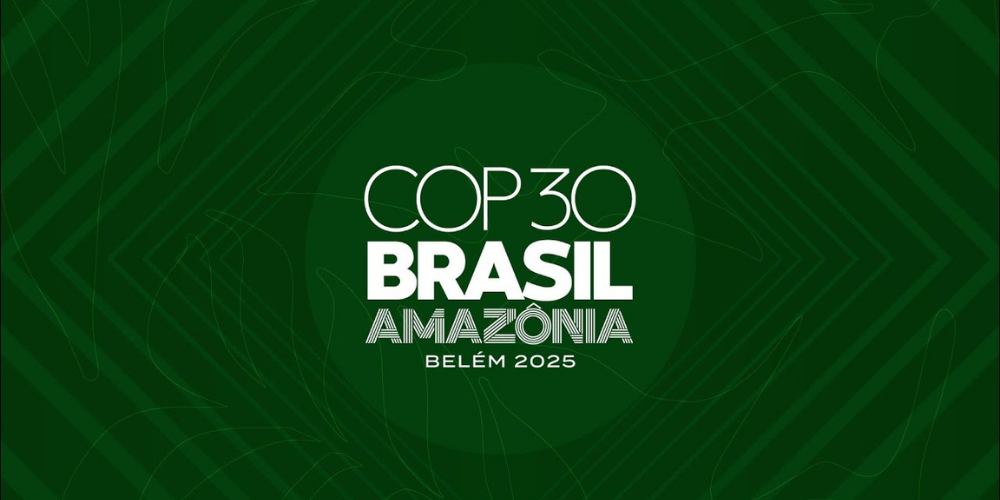
SIM at COP30 events
This November SIM and BVRio will participate in the following COP30, and COP adjacent high level international climate talks: See us at: Financial Leadership for
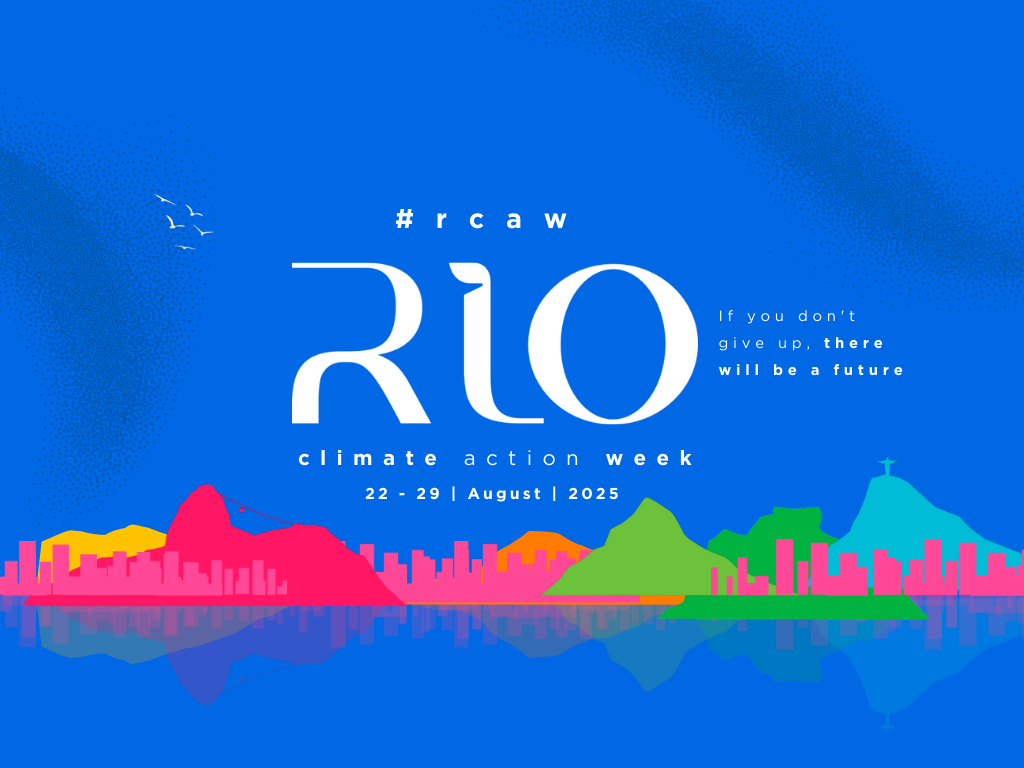
SIM at Rio Climate Action Week
SIM will participate in the inaugural Rio Climate Action Week this month building on its programme of events during London Climate Action Week in July.
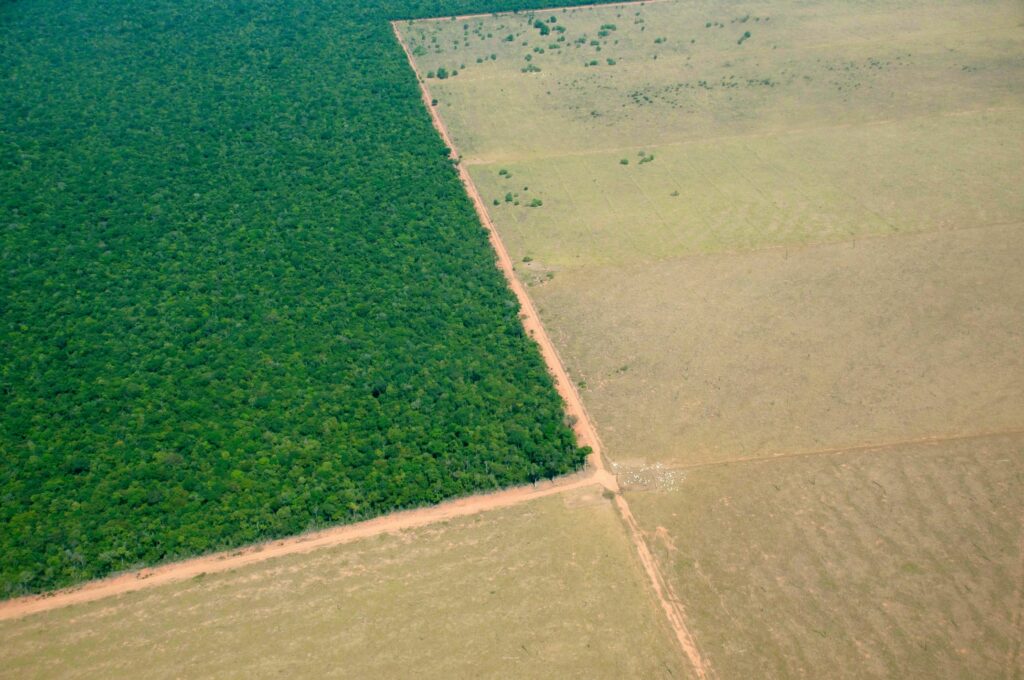
AA Credit Rating for RCF Cerrado Programme Green CRAs
The senior tranche of the Responsible Commodities Facility (RCF) 2025 green CRAs has received a ‘brAA (sf)’ credit rating from S&P Global Ratings, equivalent to
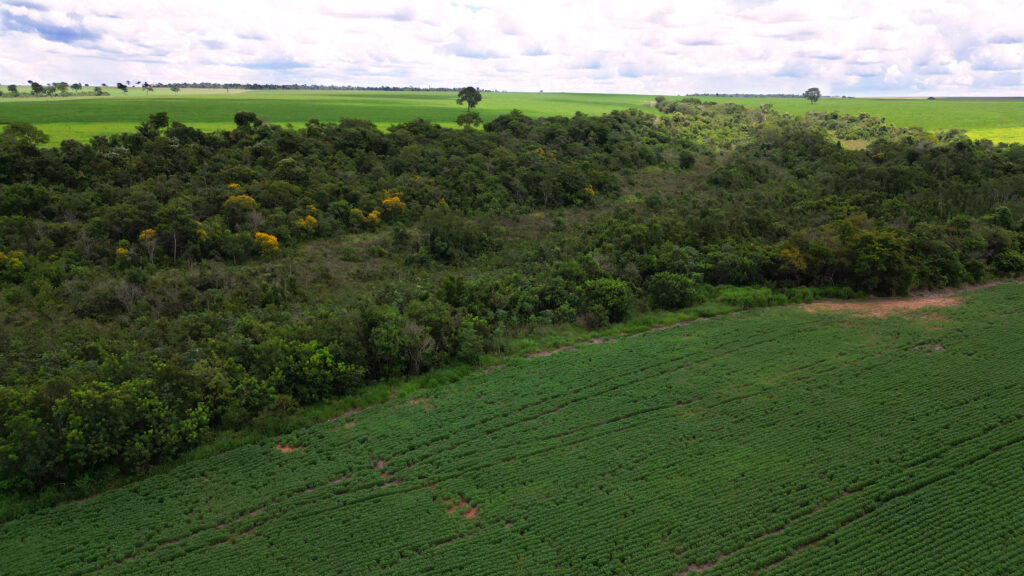
RCF concludes fourth round of investment to expand funding for zero deforestation soy cultivation in the Brazilian Cerrado
Now in its fourth season, the Responsible Commodities Facility (RCF) fund will provide US$60 million in loans to soy farmers in the Brazilian Cerrado, raised
Policies
Environmental and Social Management System
The Environmental and Social Management System of the RCF-DCF Project has been designed to help SIM incorporate social and environmental objectives into the project through clearly defined, replicable processes. This ensures SIM has appropriate policies and procedures that staff and service providers consistently follow.
Download the ESMS (English or Portuguese)
Concerns and grievances can be submitted to canal.etica@sim.finance . The SIM Ethics Committee, composed of the CEO, the Director of ESG and Compliance, and the Legal Manager of BVRio, is responsible dealing with any submissions. Once received, the committee will meet within a maximum period of 10 (ten) days to deal with the incident.
Complaints can also be submitted in writing to: SIM Complaints, Rua Visconde de Pirajá, 407, Escritório 201, Rio de Janeiro, Brasil.
Any complaints received will be treated as a priority, always ensuring due confidentiality of the facts reported and of the complainant.



